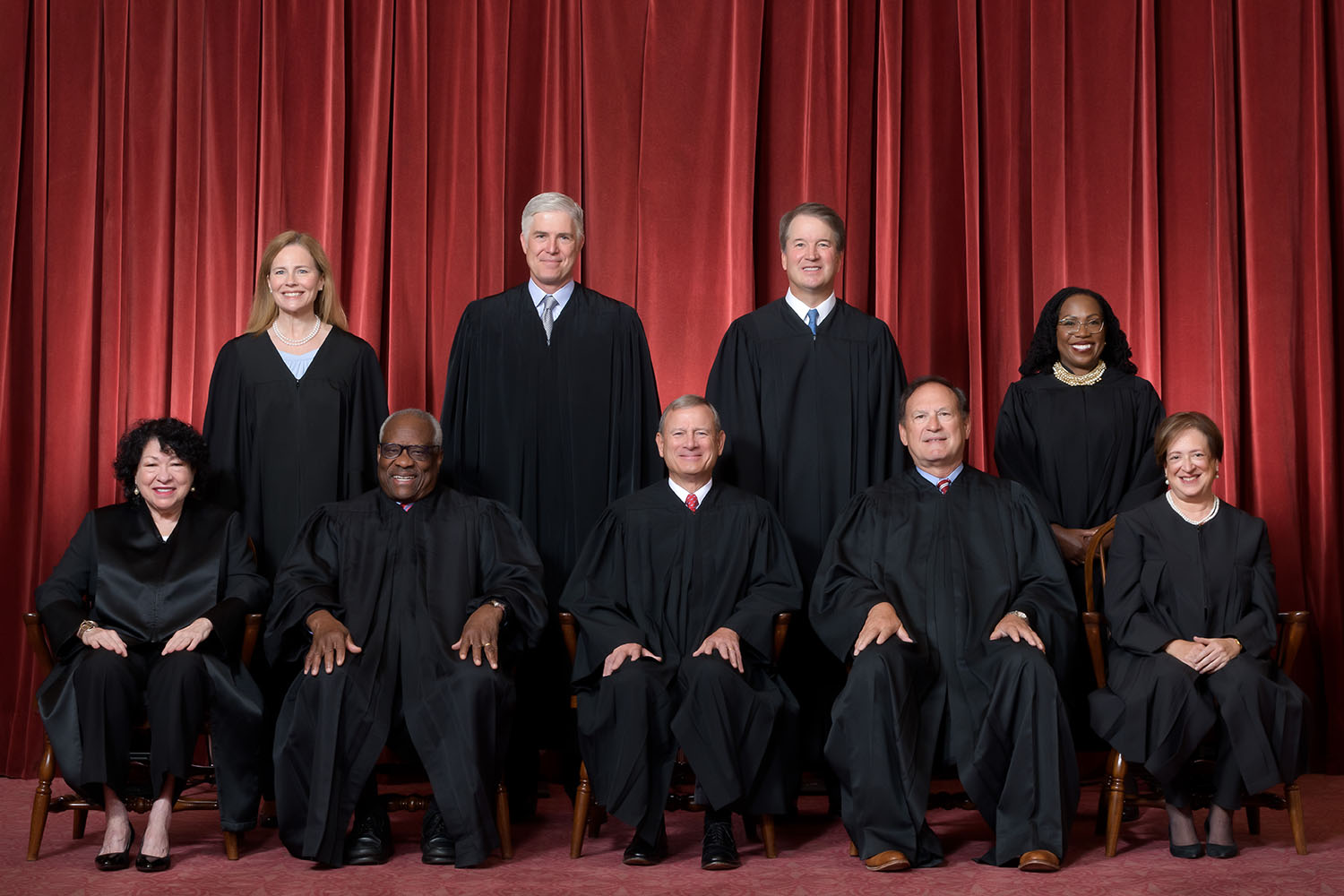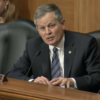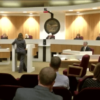Supreme Court seems favorable to Biden administration over efforts to address social media content

The Supreme Court is currently deliberating a case that pits the Biden administration against Republican-led states, focusing on the government’s role in addressing controversial social media content related to topics such as COVID-19 and election security. The dispute centers on whether the federal government has the authority to influence social media platforms to moderate or remove content deemed problematic, especially conservative viewpoints.
During a recent two-hour session, the justices appeared to lean towards supporting the Biden administration’s stance. They expressed skepticism towards arguments presented by a lawyer representing Louisiana, Missouri, and other states, who accused Democratic officials of pressuring social media platforms to stifle conservative voices, arguing that such actions violate constitutional principles of free speech.
Lower courts had previously ruled in favor of the states, prompting the Supreme Court to intervene by temporarily blocking those rulings while it conducts a thorough review of the case. Justices raised concerns about the potential repercussions on the common interactions between government entities and social media platforms if they were to side with the states in this matter.
One notable exchange during the session involved Justice Amy Coney Barrett questioning the frequency with which the FBI contacts platforms like Facebook and Twitter regarding issues such as doxxing (the malicious release of personal information). This line of questioning underscores the broader implications of the case, as it touches on the delicate balance between protecting individuals’ rights and addressing harmful online behavior.
The case under consideration, along with several related cases recently heard by the Court, highlights the ongoing debate surrounding online censorship and the extent of government involvement in regulating social media content. The Biden administration contends that its actions regarding social media content moderation do not constitute coercion, emphasizing the importance of combatting misinformation and harmful content. In contrast, the states argue that such actions infringe on free speech rights and set a dangerous precedent for government overreach.
The Supreme Court’s forthcoming decision in this case is eagerly anticipated and is expected to set important legal precedents regarding the government’s authority in regulating online speech and content moderation by social media platforms. This decision could have far-reaching implications for digital communication and free expression in the modern age of information sharing.










